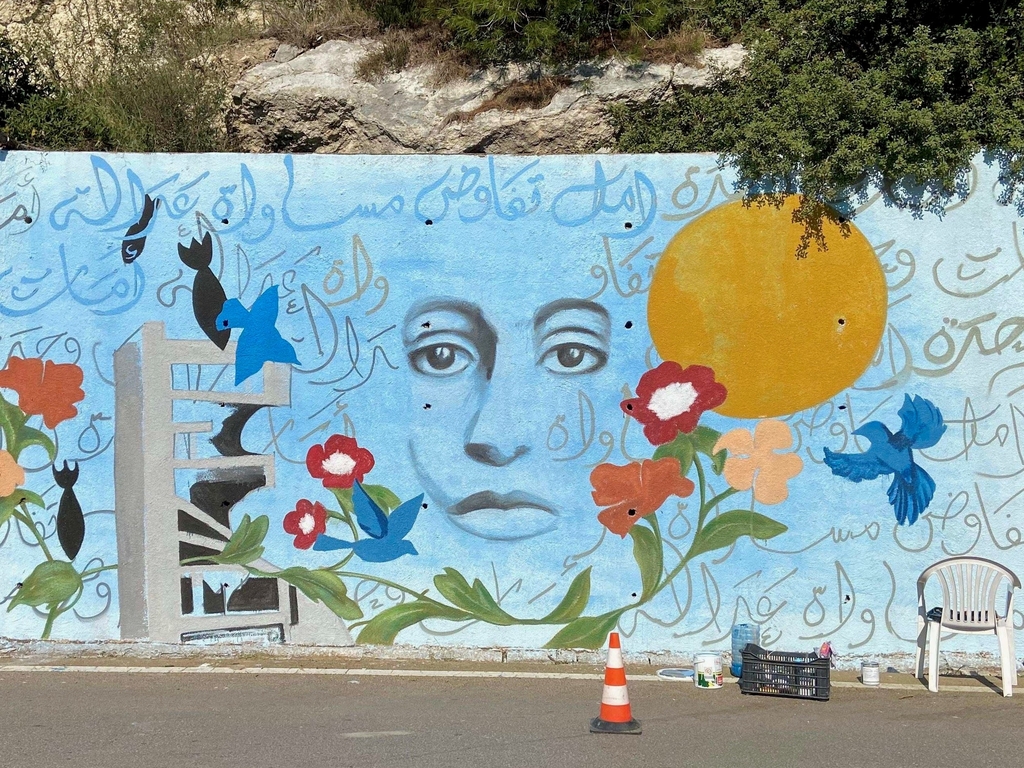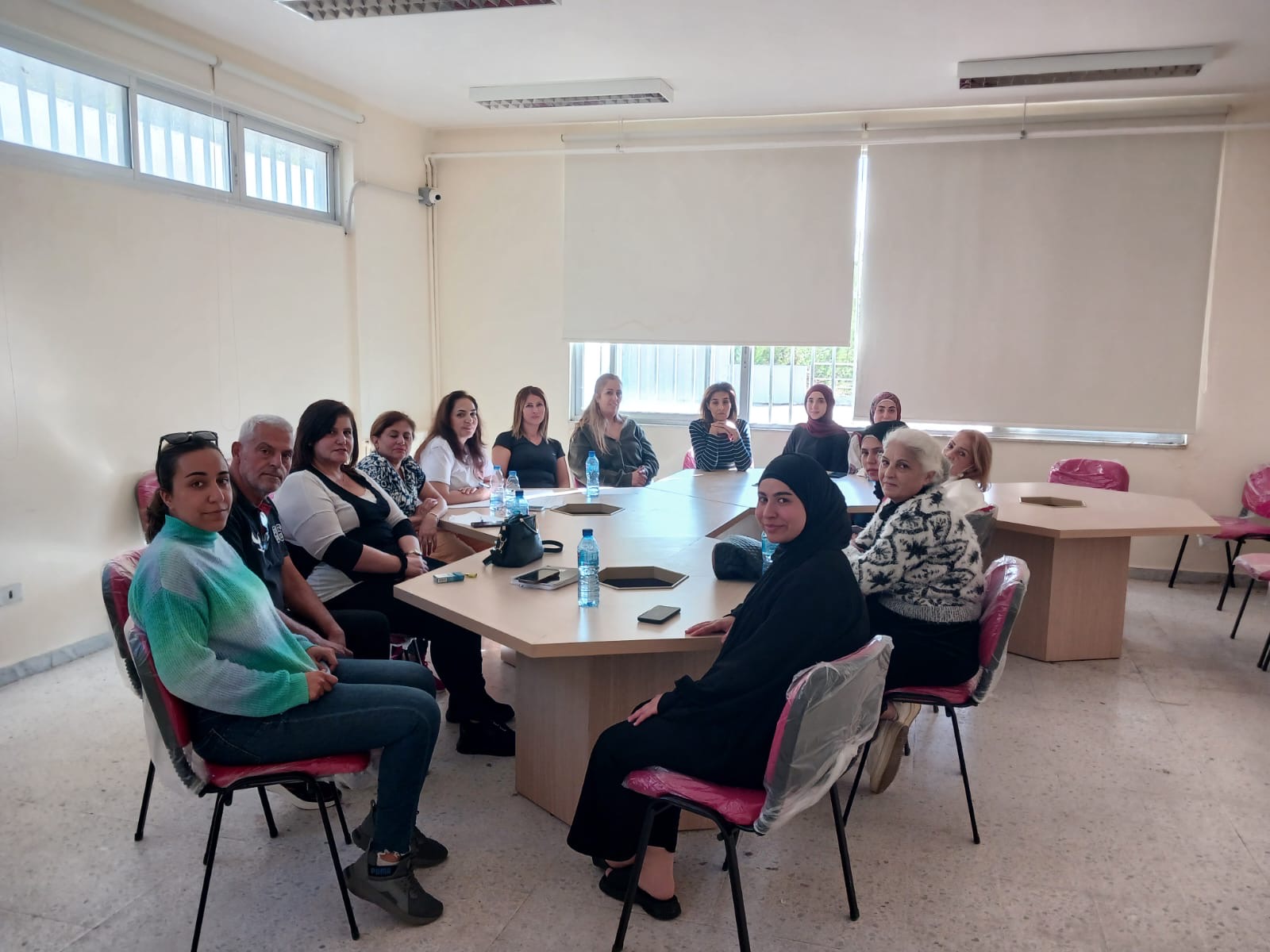About us
PeaceWomen Across the Globe is an internationally active feminist peace organisation based in Bern that supports women in contexts affected by armed conflict in their diverse efforts to build lasting peace.


Our collaboration with WILPF Lebanon initially set out to spotlight the critical connection between small arms proliferation and violence against women in Lebanon. However, the conflict between Hezbollah and the Israeli army, that escalated in September 2024, altered the situation dramatically. The crisis demanded swift adaptation to ensure not only the physical safety but also to support the psychological and emotional wellbeing of the peacebuilders impacted by the conflict.
Our initial goal was to raise awareness among key stakeholders – including representatives from the security sector, the Lebanese Ministry of Defence, international organisations and parliamentarians – about the dangers small arms pose to women. Our aim was to initiate legislative changes to improve women's safety and security. In response to the urgent needs sparked by the crisis, we adapted our intervention and created safe environments for women online and offline. In October and November 2024, six Women’s Peace Tables took place.
These forums provided a space where women from diverse backgrounds – including Lebanese, Palestinian and Syrian women and girls – could come together in safety and solidarity. Five forums were conducted online for the safety of the participants. One meeting could be held physically. Participants included displaced individuals, members of host communities, mediation networks and youth movements. In the forum, they shared their experiences, built solidarity and developed strategies for moving forward despite the armed conflict.
Fundamental contribution to peace
The women said they felt empowered by these gatherings and that they reenergised their peacebuilding efforts. Before, many had feared they weren’t contributing meaningfully to peace – the forums not only reassured them but also reminded them that their contribution is fundamental to shaping a future peace. The collaboration and shared experiences motivated them to continue building peace. This initiative resulted in the development of a report that highlights the gender-specific impacts of armed conflict in Lebanon, particularly on women and girls and the need for safe spaces amidst armed conflict. It is authored by Shirine Jurdi, a member of our network Feminists Connecting for Peace. The report is available on request.
In addition, two artists created a mural in Chouaifet in the south of Lebanon (see photo above). The mural tells the story of women's resistance in times of war and emphasizes their demands for safe spaces for dialogue.

A Women’s Peace Table with displaced women from bombarded areas, women from the host community and two coordinators from the municipality and the civil defense responsible for the displaced community. (Lebanon, October 2024)